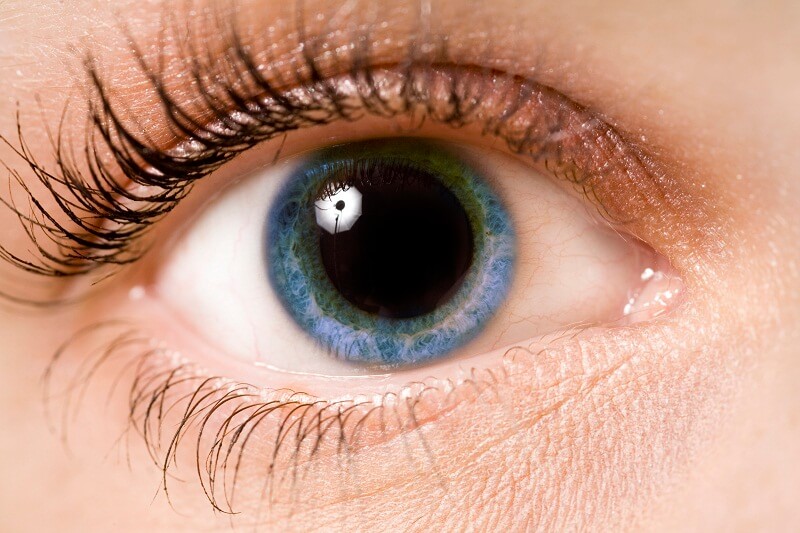When you visit your local eye specialist for a vision exam, you will likely be told that your pupils should be dilated in order for the doctor to fully examine your eyes. This is the best way for our experts at Advanced Eye Medical to assess your optical health.
But, why exactly do your pupils need to be dilated? What does pupil dilation say about the health of your eyes? These are some of the common questions that our patients often ask, and we want to answer these questions to help you understand how you can assess the health of your own eyes and reach out to us if you need a best health assessment.
Why is Pupil Dilation Necessary?
Part of being able to give a comprehensive eye exam is to get an accurate look at the central nervous system of the eye. In fact, the eye is the only organ in the human body where a doctor can look right into the central nervous system. Being able to see this central optic nerve is crucial to being able to give a thorough exam.
Pupil dilation is necessary for exams that can diagnose conditions such as:
- Macular degeneration
- Glaucoma
- Retinal tears
- Detachment
When the pupil is not fully dilated, it is harder for the doctor to look into the eye. Think of the pupil as the window to the inner eye, so the bigger it is, the easier it is for the doctor to see. This is why sometimes the eye doctor will dilate your eyes so that they can get a better look at what’s inside.
VeryWellHealth explains that pupils filter light coming into the eyes, so the more light coming in, the easier it is to see inside, just like light filling a room.
Non-Dilated Exams
There are certain exams and situations where it’s okay for your pupils to not be dilated. For example, if you are getting a simple vision exam to assess whether or not you need glasses, you will typically receive an undilated exam. This is because your undilated eyes give the most accurate readings in terms of your normal, everyday vision.
The doctor will also want to take a look at how your pupils respond to light before and after being dilated. Since your pupils often change their size naturally throughout the course of your day, it’s important to make sure your eyes are in good health in all cases.
The Eye Dilation Process
When your doctor decides to dilate your eyes for an examination, you will typically be given a medication that will dilate your pupils within 30 minutes or less. Once they are fully dilated, the examination will begin.
Afterward, you can expect it to take up to 6 hours for the dilation medication to wear off. During this time, you may experience sensitivity to light, so you will typically be given a pair of dark sunglasses to keep on until you are confident that the effects of the dilation have worn off.
Some patients may report feeling a temporary “tightness” in the eyes, or a sensation that is different from normal. Rest assured that this feeling does go away. You may not want to drive after your eyes have been dilated, as the medication can lead to blurry vision. Have a friend or family member drive you home after your appointment while you wait for the dilation to wear off.
Schedule Your Comprehensive Eye Exam Today!
Advanced Eye Medical is a leader in Orange County eye surgery and examination. We can offer full assessments to help you understand what your eyes need to be in the best health possible. For more information, or to schedule a free consultation, contact us online or give us a call at (888) 439-6565.

